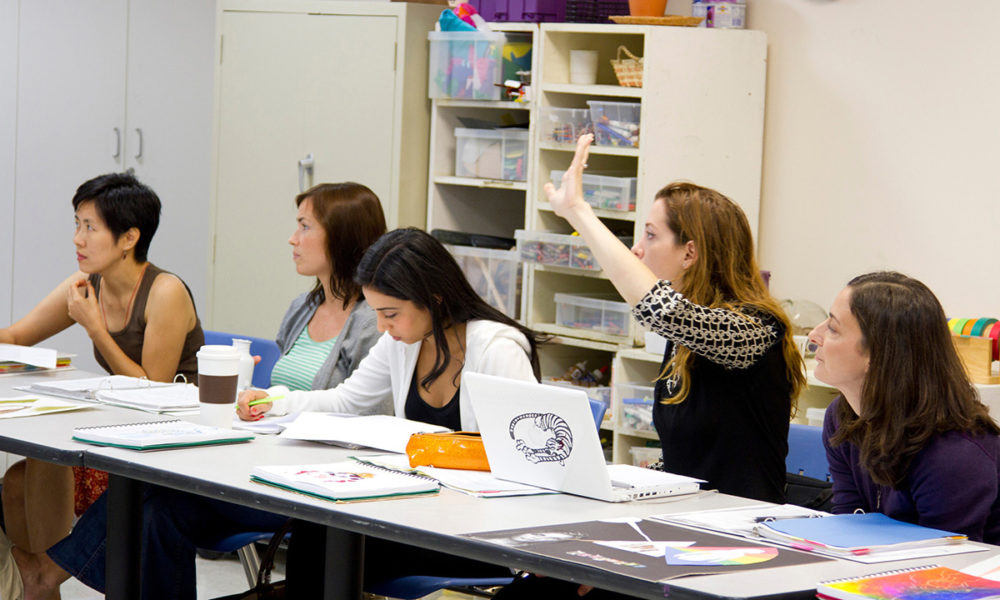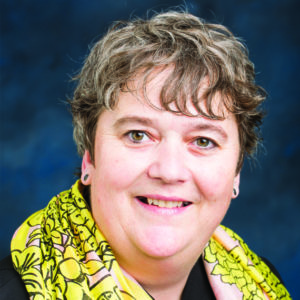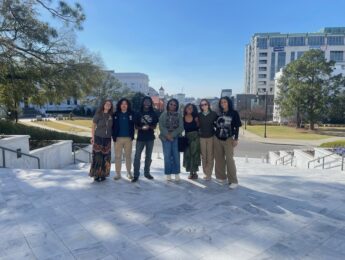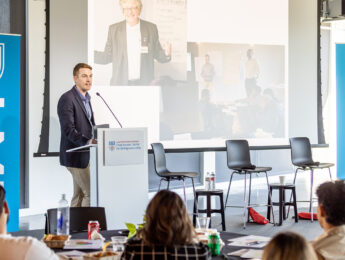
By Dorothea Herreiner
We knew these things before, yet, they have become clearer. Being challenged has helped us focus on what is important and discover new opportunities, new ways of engaging and learning, new skills, new ways of being together, and also new ways of letting go.

One full online semester under our belt. What have we learned? What are we missing?
Just two weeks into the semester, and many of us, faculty, students, and staff are already exhausted. One of the many lessons of the past 10 months is that we need breaks, regular breaks and also longer breaks. Our batteries need to be recharged. Obviously, we knew this before, but being stationary, without a change of scenery, without direct human interaction, without opportunities to really take our mind off and let it wander, we deplete these batteries faster and do not really recharge them properly. The walk from one classroom to the next, the chat with someone else, a coffee along the way, looking down the bluff to the ocean, breathing fresh air – that is not time lost, but precious time that is essential to our well-being and ability to focus and digest.
We also understand how important a conducive learning environment is, distraction free, with tools that work and are appropriate to the task, with people around us that are engaged and focusing on learning, being guided through the maze of knowledge and supported as we are being challenged.
We understand the importance of personal connections, also for learning, working with others, hearing someone’s voice, looking others in the eyes, hearing their voices, remembering where they were sitting or what they were doing – these contextual clues and interactions help us learn.
We realize, again, how mysterious and thrilling true learning is, how much fun it can be, how much joy matters for engagement, how important motivation is, how decisive true effort is, how much each person is responsible for learning, and how important trial and error are for deep learning.
We also have learned that we are more resilient than we thought but also have limits that we did not know. We discovered where we need help and how to rely on the generosity of others. We also understand that there are limits, where we cannot compensate or just power through.
We have discovered classrooms as a refuge, as a place where we can focus on things far away from the world outside or deeply analyze and shed light on the world outside. Classes have become even more a structure that helps us to stay afloat, to move ahead, and to look for new avenues.
We were reminded, and continue to be reminded, of the value of life, a fair society that protects and honors the rights and dignity of all, and a functioning and robust democracy. And we are reminded of our responsibility to safeguard them.
We appreciate the value of a residential education, such as LMU’s, even more; a luxury that we need to make more accessible and affordable. It is a luxury that comes with the responsibility to make the most of it, to challenge ourselves, to find new passions, to explore knowledge, to engage different viewpoints, and to take on difficult problems.
We are looking forward to filling the seats again, to putting the lessons learned into practice, and to developing the new normal together.
Herreiner is an economics professor and president of the Faculty Senate.






